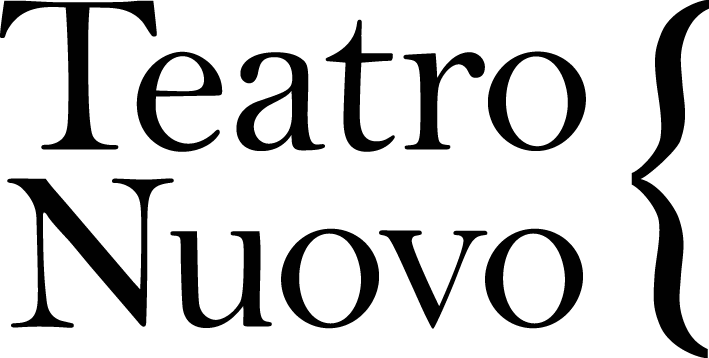Verdi: Il poveretto
Megan Marino
“Il poveretto” was published in 1847 by Giovannina Lucca, who had earlier brought out an album of Verdi’s songs and published three of his recent operas. She was an influential pioneer on the Italian scene. In youth she seems to have come close to marriage with Vincenzo Bellini; in maturity (she outlived the Sicilian composer by sixty years) she promoted composers of the giovane scuola like Catalani, Smareglia, and Franchetti, and played a powerful role as owner of the Italian rights to Meyerbeer, Gounod, and Wagner. At the end of her life she sold her catalogue to the dominant Italian publisher Ricordi, but not before keeping that firm on its toes for decades with lively competition.
Lucca probably first connected Verdi to the author of the text, Manfredo Maggioni, a fascinating figure in his own right whose life intersected Verdi’s in various ways over many years. Little is known about his origins; he seems to have been born around 1806, and by the end of the 1830s he had joined the many Italian expats feeding the appetite of London society for Italian art.
Manfredo Maggioni in 1860 - photograph by Camille Silvy, National Portrait Gallery
He was a copious translator - of Italian librettos into English for publication, and of French and German ones into Italian for singing. He also produced librettos of his own (for Balfe’s Falstaff, among others), and Lucca recruited him - apparently without consulting Verdi - to do the same for I masnadieri, the composer’s only London opera. Verdi wanted his frequent collaborator Francesco Maria Piave, but diplomatically allowed as how Maggioni could be engaged to make whatever adjustments might be needed as the composition was being finished on site.
In the end the composer turned not to Piave but to his friend Andrea Maffei for the libretto, but he set three of Maggioni’s short poems to music as romanze for Lucca to print, including “Il poveretto.” Some years later he told the mezzo-soprano Pauline Viardot, who wanted some additions to the end of Il trovatore for her London performances as Azucena, that Maggioni could provide both the words and notes she required. (From printed librettos we see that she wanted a longer speech to Count di Luna when Azucena reveals that the man he has just executed was his own brother). Later still, during the spate of misunderstandings around the premiere of the Inno delle nazioni (first heard in London in 1862), Verdi or his wife Giuseppina turned to Maggioni for the English text of a letter to the editors of The Times setting the record straight.
“Il poveretto,” meanwhile, re-entered Verdian lore in a curious way in 1851, when it was inserted into a French performance of Rigoletto in Brussels, interrupting the taut flow of the last act so that Maddalena could have a solo aria! There is, mercifully, no evidence that Verdi played any part in this interpolation, and the song on its own terms deserves a better fate.
Passegger, che al dolce aspetto
Par che serbi un gentil cor,
Porgi un soldo al poveretto
Che da man digiuno è ancor.
Fin da quando era figliuolo
Sono stato militar
E pugnando pel mio suolo
Ho trascorso e terra e mar;
Ma or che il tempo su me pesa,
Or che forza più non ho,
Fin la terra che ho difesa,
La mia patria m'obliò.
Passerby, who from your mild glance
Seem to have a gentle heart,
Give a coin to the poor fellow
Who has had nothing to eat today!
Since I was a youngster,
I have been a soldier,
And fighting for my country
I have traveled land and sea;
But now that the years weigh upon me,
Now that my strength is gone,
Even the nation I defended,
My own fatherland, has forgotten me.
